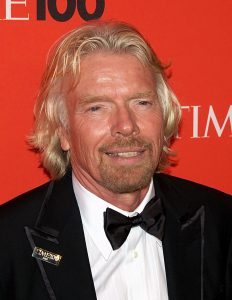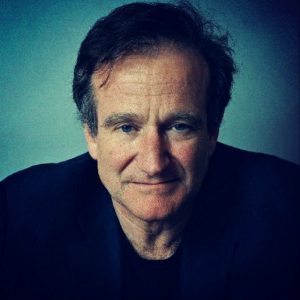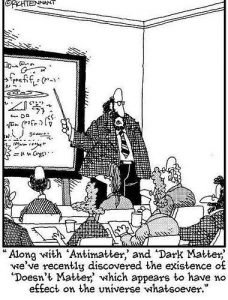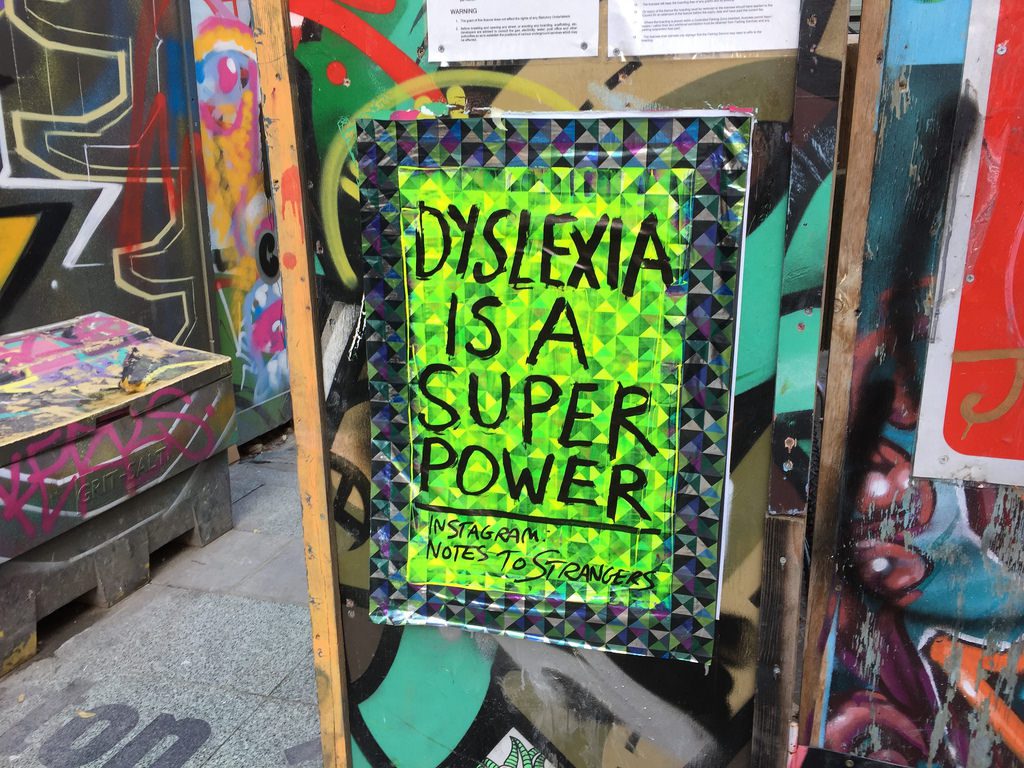If you have, a child with learning difficulties, like I do, you have experienced the same heart ache. You know the feeling of disappointment and anger against the system. Why do schools always stay the same, while everyone has agreed that we have lost the connection between education and the real world?
This Mindfunda is a book review of The Power of Different, The link between Disorder and Genius, (Click to buy the book and support Mindfunda), written by Gail Saltz M.D. April 2017, Flat Iron Books, ISBN 10987654321
Learning Difficulties: 80 % Dyslexia
It took years before I pushed the school my oldest son was in, to admit that all their remedial teaching had been in vain. I arranged an official test, and my son was dyslexic, just as I had suggested for years. My little man cried his eyes out. He was different and being different is bad.
Gail, in The Power of Different, admits that labels are not good for anybody. But DSM V, even though it is under heavy scrutiny, demands a label to be put on a “patient”. Labels are by definition limiting.

We all know someone with dyslexia: Richard Branson. He had a wonderful April first prank, as he declared he wanted to start the first dyslexia sperm bank. But starting May second 2017, the website he promotes in his film in the blog Made by Dyslexia will be dedicated to positive sides of this learning challenge.
Learning Difficulties: ADD + ADHD
Did you know that nearly 8 % of all children between 3 and 17 get the disgnosis ADD (Attention Deficit Disorder)? We all knew someone special that had it: Robbin Williams.

ADD is like your mind is a racecare using bicycle breaks. The brain is not inhibited, nothing stops the flow of thought.
It is such a relief when you read a quote like “neither therapy nor drugs will render the brain permanently “normal”. And given the remarkable linkage between attentional deficits and extremes of originality, we shouldn’t desire to flatten out those differences”. I hope more experts sin the field think about it this way.
Learning Difficulties and the Power of Different
There are seven types of labels described in this book: dyslexia, distractibility, anxiety, melancholy, bipolar disease, schizoid personalities and autism.
Usually, in our current educational system, the rules are too strict to make those children shine. Often they end up with big holes blown into their self esteem.

When you read the book, you can’t help but recognizing some of the behaviour described. But what makes the book an asset to your book closet is that it makes you wish your brain was wired in this ways as well.
Being so creative, so artistic and so unique that you can make your mark on this world.
Conclusion
PRO
- You will read the book effortlessly, it is well written without the use of difficult scientific terms;
- Each chapter is build up out of the same paragraph structures: the diagnoses, what it mean, the experience, challenges, developing work arounds, the gifts of and how to flourish… It makes the book consistent and it guides your expectations while reading it;
- I especially liked the “How people with … can flourish” section of each chapter. It gave me a lot of confirmation about things I already do, “like only listen when people tell about their problems, don’t solve it for them” but also gave me good insights to the strong points of -for example dyslexia: recognizing how my oldest son is indeed so very good at seeing the whole picture, while I get lost in details.
- It is a practical book but it is based on neurological insights into the brain. If you love neurology as much as I do, you will like this book;
- Almost every parent realizes how ancient the school system we use has become. This book is filled with stories of parents bold enough to speak up and make chances. This can be the reinforcement you need to try to make things in the life of your child better.
CON
- There is a content page that only gives the title of the chapter, not the different paragraphs in them. It is a shame, because the book is set up in such a clever and structural way;
- On a personal level: I get a bit bored when Einstein its dragged out of his grave again to serve as an example of someone with a brain disorder. Even though I know that he did not have a usual brain (see the fourth dot in this blog The Human Brain by Rita Carter), he was never diagnosed in an official way;
- One thing I missed in this book: there is no mention at all of the book by Richard Soul: ADHD Does Not Exist The Truth About Attention Deficit and Hyperactivity Disorder;
I would have loved to hear Dr. Gail her ideas about that; - This book is especially interesting when you are dealing with a child/friend/spouse who has one of the ‘disorders’, so it is for a specific target group. This can be a pro as well.
Mindfunda verdict:
8/10
Our Current Courses (Click to find out More)
Sign up for our free e-book: 10 easy ways to instantly improve your dream memory

